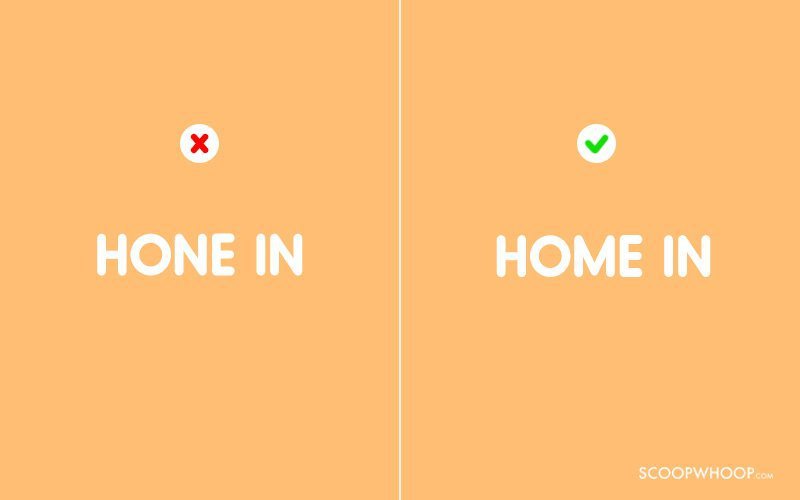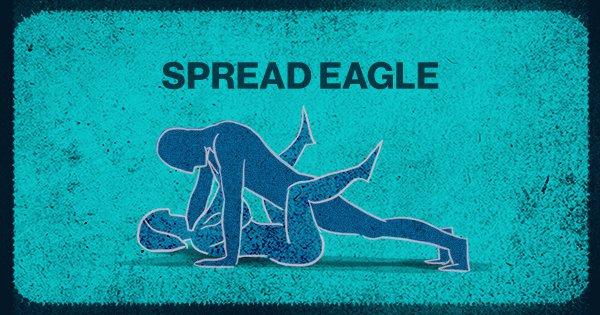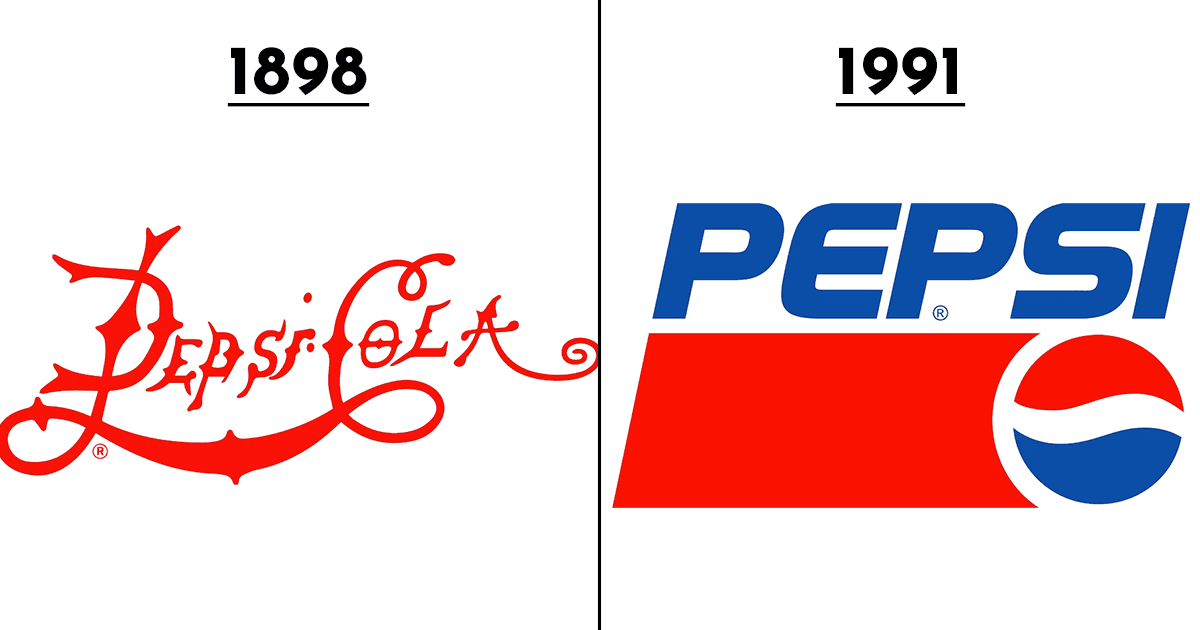Don’t be surprised! This happens more often than most of us would’ve imagined. We hear a fairly common phrase over and over again in a conversation and imitate its usage in our daily lives. And sometimes that transition and this new found knowledge aren’t very precise and devoid of human error. So we decided to help you out with these common English phrases that you’ve probably been getting wrong all this while.
That’s right. Although the corrected phrase sounds wrong, it actually stems from an older comical expression: ‘If that’s what you think then you’ve got another think coming.’
Derived from a clause in English law: ‘To all intents, construction and purposes,’ the phrase actually just means ‘to imply’ in every practical sense.
A simple grammatical error in which we end up using an adjective, ‘good,’ instead of the adverb, ‘well,’ which is the correct manner of using the phrase.
Usually a phonetic error, the phrase ‘getting away scot free’ actually comes from medieval times when ‘scot’ was a kind of tax.
Another common phonetic error where ‘leeway’ actually just means the amount of freedom one has to move about.
To beckon would be just to gesture someone to come closer while the phrase ‘at beck and call’ would imply someone who is ready to obey every command.
The origin of the phrase comes from one putting their tongue in their cheeks and biting on it to prevent a fit of laughter, since the phrase means ‘to speak or write something in an ironic or insincere fashion’.
Saying that you could care less about something would mean that it does matter to you to some extent, while most people end up using the phrase when they are trying to imply the opposite.
A tenterhook is a hook that is used to fasten cloth to a drying frame or tenter. In fact, tenderhooks is not even a word.
A mistake commonly made with the suffix, “ir-,” between the usage of either regardless or irrespective, this common error has long been argued since the word as a whole contradicts itself with a prefix and suffix – “less” – both meaning “not” or “without.”
We’re not too sure how this came about but ‘make due’ is just wrong when we try to imply that we can ‘make do’ with whatever resources we have.
A grammatical error in converting the phrase into its plural form; an individual would be a ‘runner up’ while a group of individuals would be ‘runners up.’
Saying ‘try and’ technically leaves the phrase incomplete, and incorrect in the most common places of use. While ‘trying to’ would imply the ‘effort of.’
The ‘safe’ is unnecessary, since a haven is inherently mean to be safe.
The phrase ‘case in point’ is used when one needs to point out a specific example of the subject currently in discussion.
While you could still get away with the incorrect phrase in modern times, due to its widespread use, the phrase actually stems from biblical times when God used his ‘spit’ and mud to create Adam in his likeness.
The situations in which one would usually use this phrase would be when one actually misses the target by a small bit, which actually is the opposite of what on ends up saying when they say ‘near miss’ which implies that you almost missed but didn’t.
Ahh! The eternal case of ‘reign’ as opposed to ‘rein’ has baffled quite a few of us for a while, so here it goes. Reign means the rule of a monarch or a position of high authority, while reins are the straps attached to the ends of a horse’s bit to control it.

To ‘home in’ on something is to narrow down to a target, while the word ‘hone’ means to refine or improve over a period of time.
While the incorrect version of this phrase doesn’t actually make any sense, a lot of us are accused of indulging into this phonetic error. ‘One and the same’ would mean that a pair of things are alike or the same.

















